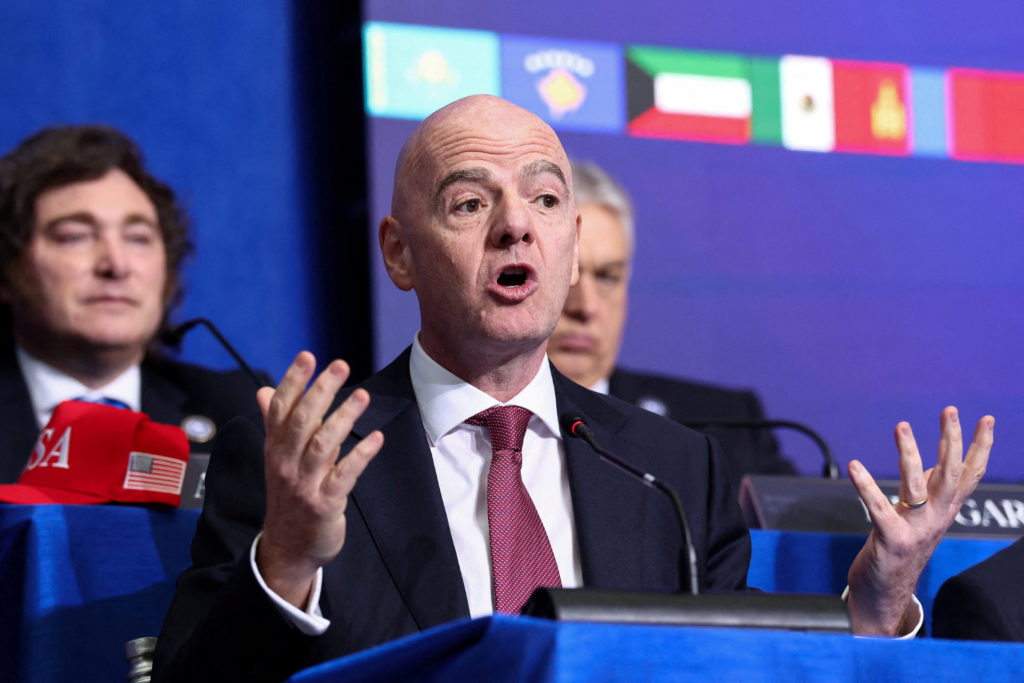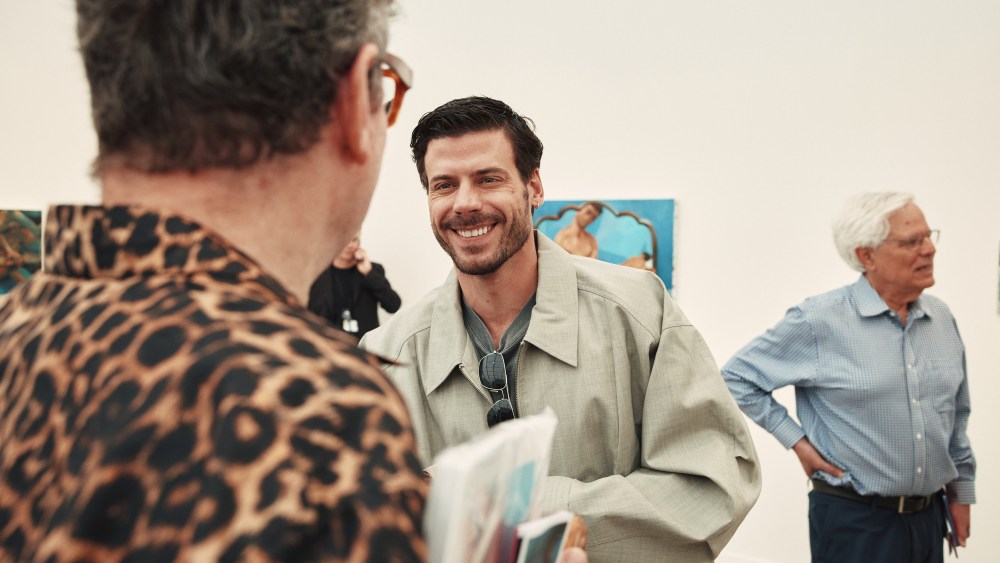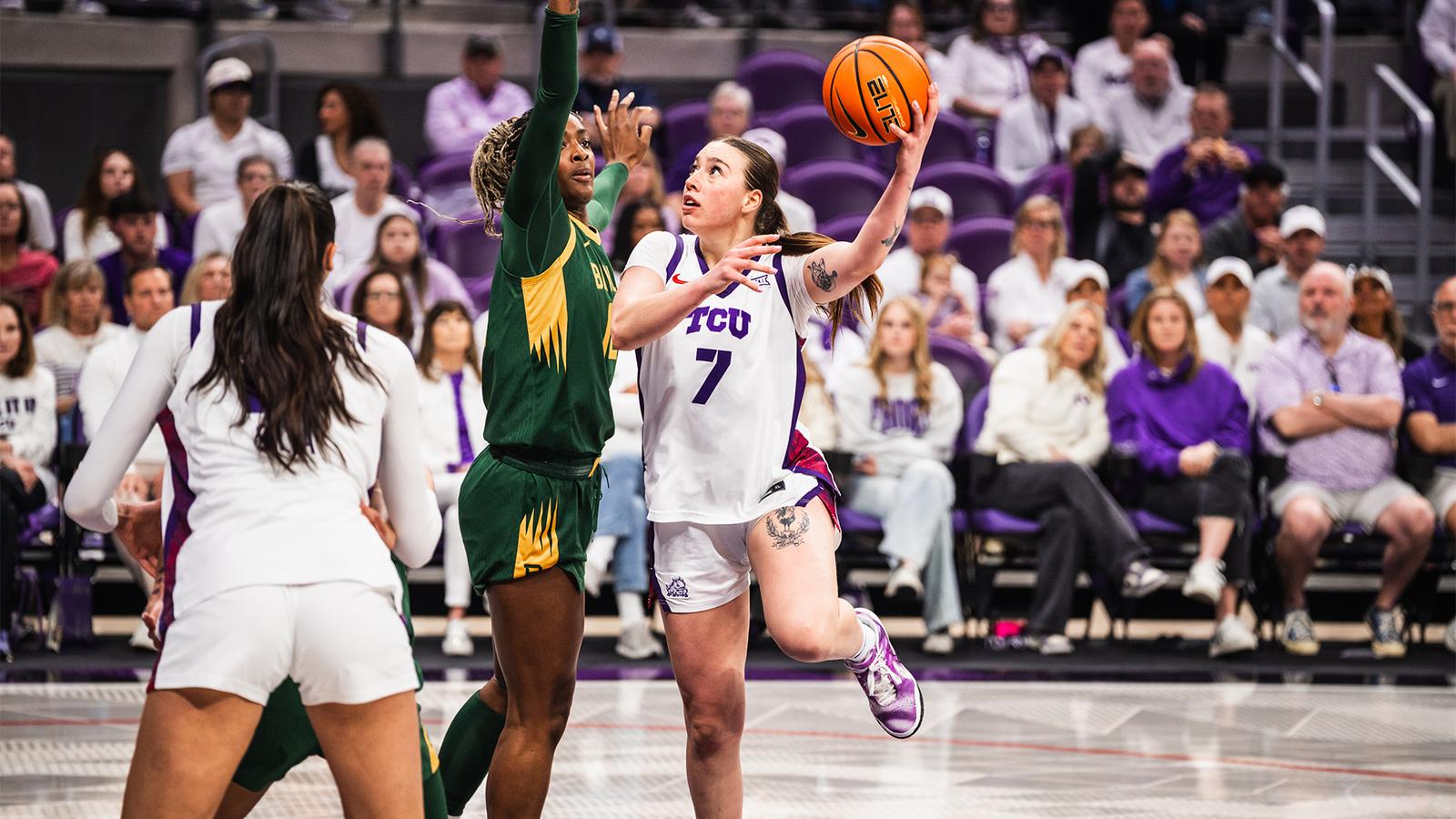GENEVA (AP) — Iran’s place at the men’s World Cup in three months’ time was put in doubt Monday amid an escalating Middle East conflict sparked by the soccer tournament’s co-host the United States.
Iran is due to play its…

GENEVA (AP) — Iran’s place at the men’s World Cup in three months’ time was put in doubt Monday amid an escalating Middle East conflict sparked by the soccer tournament’s co-host the United States.
Iran is due to play its…

Todd Meadows, a deckhand on a boat featured in the long-running reality TV series “Deadliest Catch,” has died while fishing off the coast of Alaska.
Captain Rick Shelford, one of the stars of the Discovery Channel show about crab fishermen in the…

Following the recent attacks on the energy infrastructure in the Middle East, the Secretary General of the International Gas Union, Mr Menelaos (Mel) Ydreos, would like to make the following statement:
“The International Gas Union remains deeply concerned about the targeting of energy infrastructure. This infrastructure is essential not only to public safety and security but, also, to regional and global economic activity.
Continued investments in energy infrastructure and diversity of energy supply are critically needed to mitigate market shocks.“

TAMPA, Fla. (March 2, 2026) –…
RIGA, March 2 (Xinhua) — Latvia has confirmed three cases of Chikungunya virus this year in individuals who had traveled to Seychelles, the Latvian Centre for Disease Prevention and Control (SPKC) said on Monday.
Two of the cases involved…

Senate Majority Leader John Thune said he expects Trump administration briefers to lay out their legal justification for strikes against Iran, as they meet with…

A year after the Los Angeles fires cast a somber tone over the city’s cultural calendar, Frieze Los Angeles opened under clear light and with a noticeably steadier pulse.
The seventh edition of the fair, held again at Santa Monica…


Spain has denied the US permission to use jointly operated military bases on its territory to attack Iran as Madrid stepped up its criticism of the “unjustified and dangerous military intervention”.
Spain’s socialist prime minister, Pedro…

[Barcelona, Spain, March 2, 2026] At MWC Barcelona 2026, Huawei’s President of the Computing Product Line, Seaway Zhang, unveiled the latest SuperPoD product Atlas 950 SuperPoD, TaiShan 950 SuperPoD and a series of computing solutions, marking their first global debut.
With an innovative “cluster + SuperPoD” architecture, Huawei is delivering a resilient computing foundation, powered by an open and collaborative ecosystem. This foundation will empower carriers to accelerate their transition from the mobile internet to the internet of agents, while driving intelligent transformation across every industry.
AI is rapidly evolving from generative to agentic AI, with trillion-parameter models and 10-trillion-scale data training becoming the norm—driving a ten to hundredfold increase in compute demand. Context lengths have expanded from thousands to millions of tokens, demanding greater scale and lower latency in compute infrastructure.
At the conference, Mr. Zhang highlighted Huawei’s commitment to building a resilient computing foundation through innovation and create a new option for the world. He noted that the Atlas 950 SuperPoD, powered by UnifiedBus interconnect, enables thousands of compute nodes to operate as a single computer. Huawei also remains committed to open source and open systems, supporting leading open source communities and projects to empower developers to unlock computing potential and accelerate AI innovation.
Seaway Zhang speaks on products and solutions launch at MWC26
Huawei’s latest computing portfolio, including Atlas 950 SuperPoD, Atlas 850E, TaiShan 950 SuperPoD, and TaiShan 500, TaiShan 200 series, addresses diverse carrier compute demands, accelerating AI transformation.
For AI computing, the Atlas 950 SuperPoD, powered by UnifiedBus, integrates 64 NPUs per cabinet and can scale up to 8,192 NPUs, delivering superior performance for large-scale AI training and high-concurrency inference. It significantly boosts model training efficiency, reliability, and inference performance compared to conventional clusters.
The Atlas 850E supports flexible deployment in standard air-cooled data centers, scaling from 8 to 1,024 NPUs. This enables carriers to smoothly transition from small-scale inference to cluster-level inference, ensuring rapid service deployment and business agility.
In the field of general-purpose computing, Huawei introduces the industry’s first TaiShan 950 SuperPoD, delivering breakthroughs in performance with hundred-ns-level latency, TB-level bandwidth, and memory pooling. Through memory semantics communication, the solution enables efficient cross-node data transfer through load/store operations, addressing key challenges such as high latency, costly data migration, and low coordination efficiency.
Huawei also launched the TaiShan 200 and TaiShan 500 series, spanning high, medium, and low computing power requirements. By integrating with openEuler and BoostKit, these solutions support diverse carrier requirements, driving efficiency and scalability across computing environments.
Huawei is committed to open source and open collaboration to accelerate developer innovation and drive computing industry growth. The company contributes extensively to openEuler, a leading open source OS community. Through layered decoupling, Huawei has open-sourced the CANN—including operator libraries, acceleration libraries, graph engines, and programming languages—enabling developers to customize solutions efficiently. CANN also supports open source projects such as PyTorch, vLLM, SGLang, xLLM, verl, Triton, and TileLang, significantly improving developer productivity.
Huawei will deepen collaboration with customers, partners, and developers to build a resilient computing foundation, accelerate industry transformation, and create a new option for global computing growth.
MWC Barcelona 2026 will be held from March 2 to March 5 in Barcelona, Spain. During the event, Huawei will showcase its latest products and solutions at stand 1H50 in Fira Gran Via Hall 1.
The era of agentic networks is now approaching fast, and the commercial adoption of 5G-A at scale is gaining speed. Huawei is actively working with carriers and partners around the world to unleash the full potential of 5G-A and pave the way for the evolution to 6G. We are also creating AI-Centric Network solutions to enable intelligent services, networks, and network elements (NEs), speeding up the large-scale deployment of level-4 autonomous networks (AN L4), and using AI to upgrade our core business. Together with other industry players, we will create leading value-driven networks and AI computing backbones for a fully intelligent future.
For more information, please visit: https://carrier.huawei.com/en/events/mwc2026